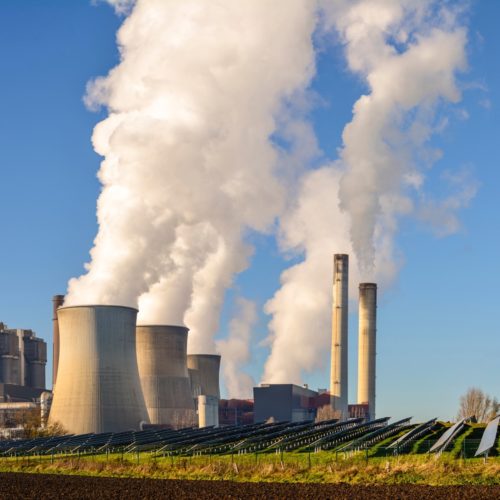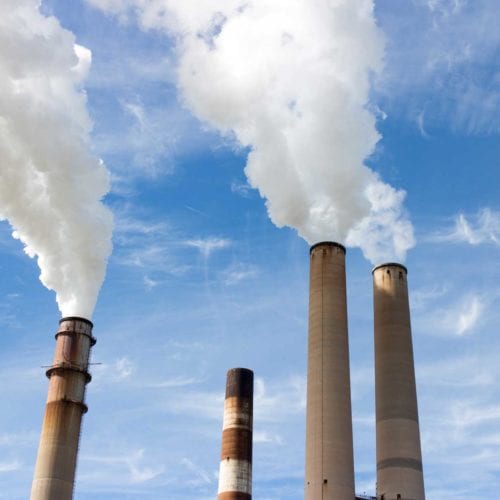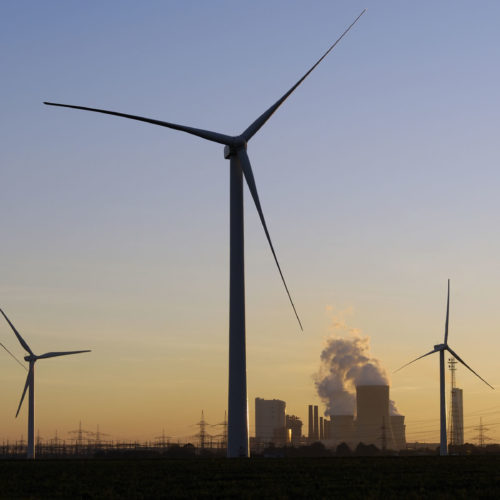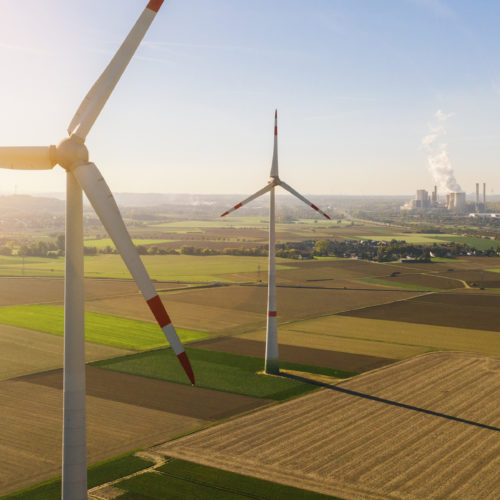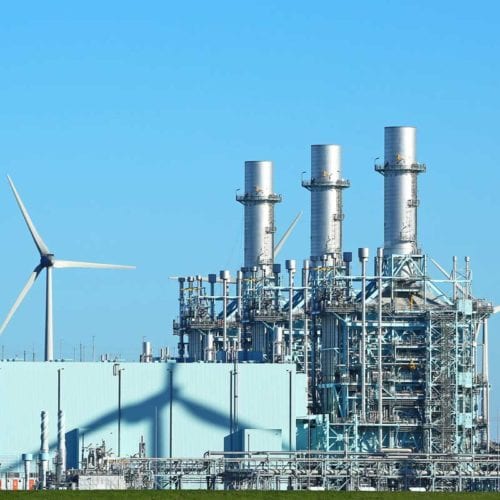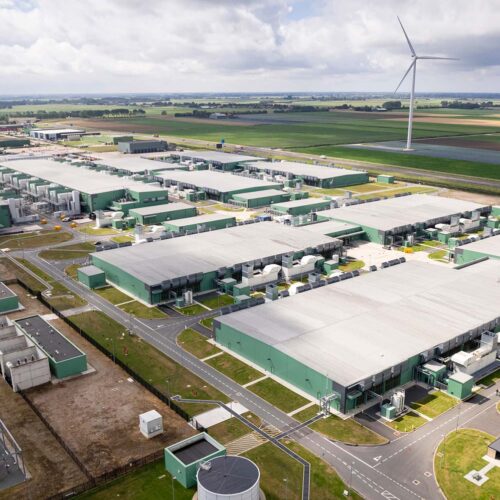
Alex Engel is a Manager in RMI’s Carbon-Free Electricity Practice. Alex led the development of RMI’s modeling tools that analyze the potential of portfolios of distributed energy resources to obviate the need for T&D solutions and/or new thermal power plants.
Background
Prior to joining RMI, Alex received his master’s degree from the University of Michigan in Natural Resources and Environment with a focus on Sustainable Systems. While in graduate school, Alex worked at RMI on the Blockchain for Energy project helping build a foundation of knowledge for RMI about the technology and developing possible use cases.
Before returning to graduate school, Alex worked at Fundamental Capital Management as an investment analyst and operations manager. He helped develop and launch the firm’s second fund which invests in structured credit. He also built quantitative tools to analyze research efficacy as well as sources of performance and risk in hedge fund portfolios to support portfolio and risk management.
Education
MS, Natural Resources and Environment (Sustainable Systems), University of Michigan
Certificate, Industrial Ecology, University of Michigan
BA, The History of Political Economy, New York University
Location
Basalt, CO




